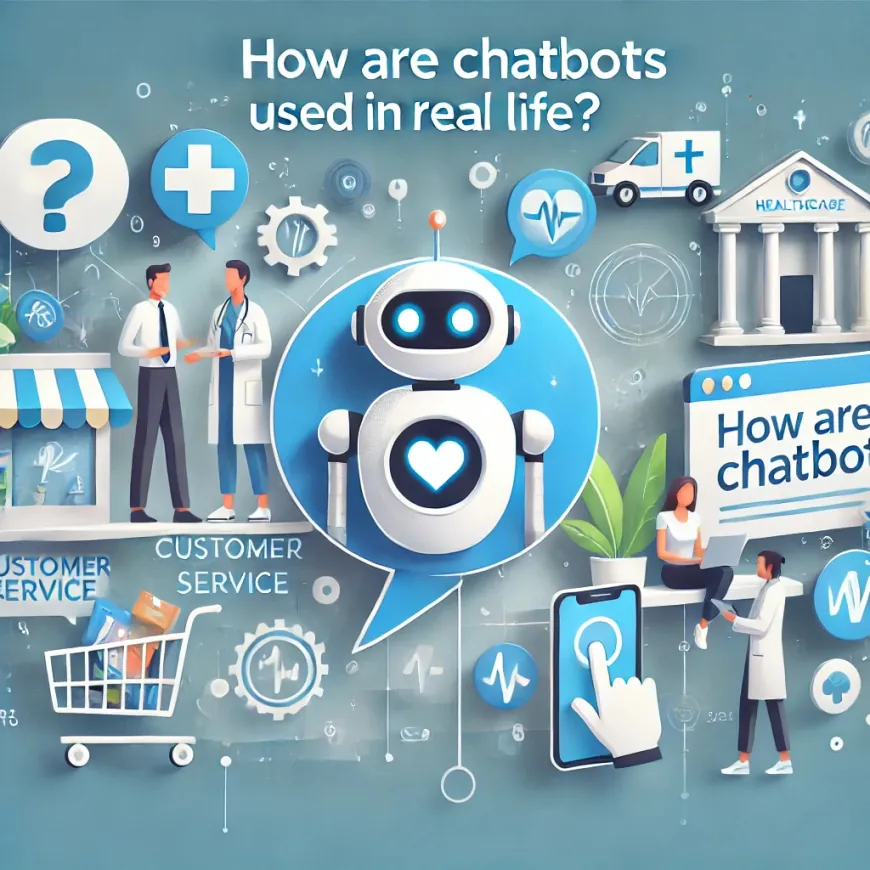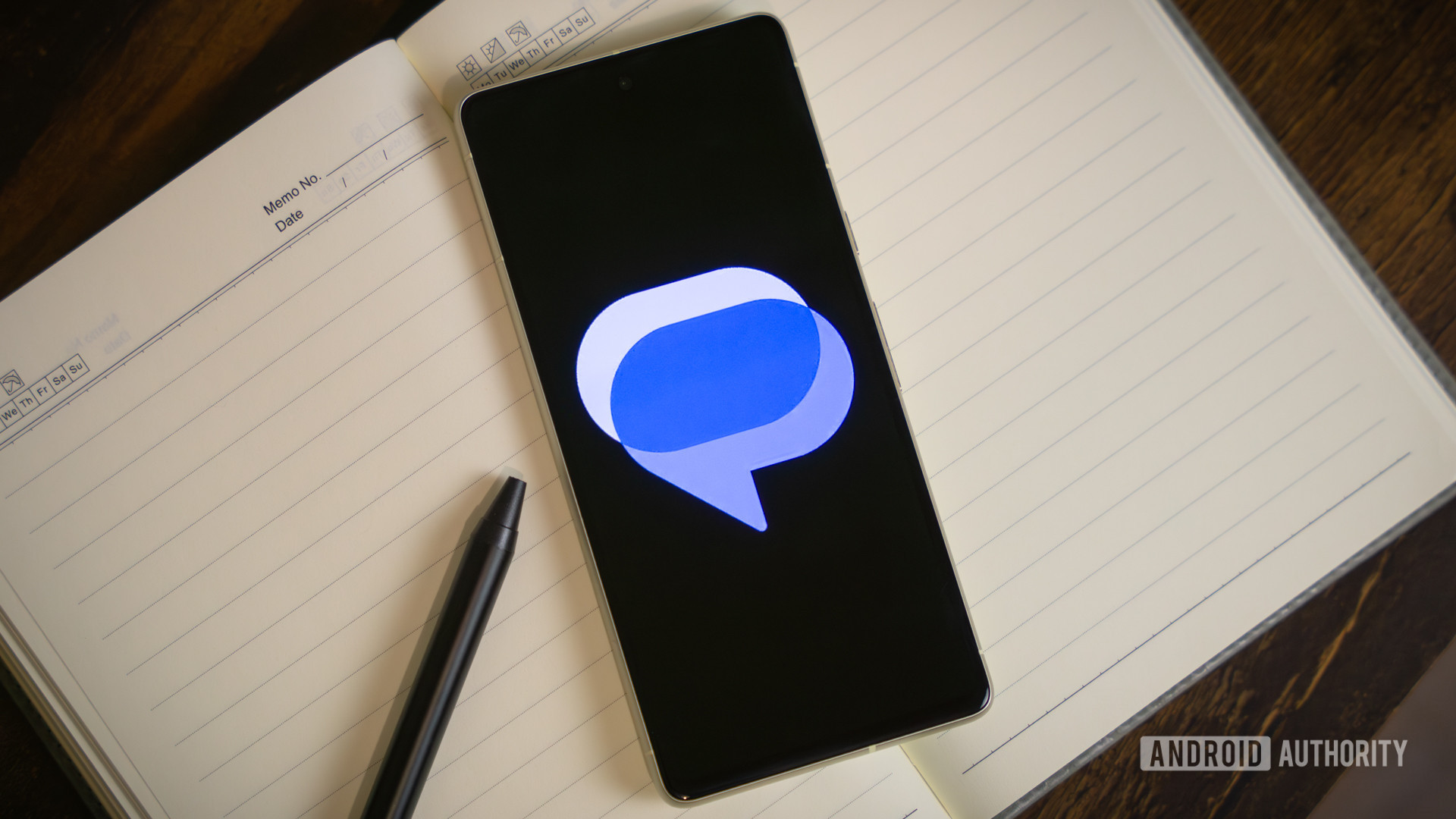How Are Chatbots Used in Real Life?
How chatbots are transforming real-life interactions across industries! From customer support to healthcare, learn the practical ways they enhance daily experiences.

Chatbots have become a crucial part of our daily interactions with technology. They are not just tools for businesses but have also made their way into personal and educational spaces. From simplifying customer support to acting as personal assistants, their applications are broad and continually growing. Let’s look at some of the most common real-life uses of chatbots and how they are shaping our experiences.
Customer Support and Service
When we think of chatbots, customer service is one of the first applications that come to mind. Companies integrate chatbots into their websites or apps to provide immediate responses to customer queries. These bots can answer frequently asked questions, guide users through troubleshooting processes, and even process orders or returns.
For instance, when someone visits an online retail store, the chatbot might greet them with “How can I assist you today?” and offer options like tracking an order or checking product availability. These bots save time for users and reduce the workload for human support teams. Still, they are programmed to escalate complex queries to live agents, ensuring the experience remains smooth.
Personal Assistants and Daily Helpers
Virtual assistants like Siri, Alexa, and Google Assistant are essentially advanced chatbots that help us manage daily tasks. Whether it’s setting reminders, checking the weather, or controlling smart home devices, these assistants make our lives more convenient.
In the same way, some chatbots act as fitness coaches or meditation guides. They provide workout suggestions, track progress, and even motivate users to stay consistent. Similarly, bots focused on mental health can act as a sounding board for users, offering helpful techniques for relaxation or managing stress.
Education and Learning
Educational platforms increasingly use chatbots to support learning. For students, they act as tutors by providing answers, suggesting resources, or offering explanations in a conversational format. These bots are particularly useful for language learning, where they simulate conversations to help improve speaking and comprehension skills.
Likewise, universities and schools use chatbots to assist with administrative tasks. For example, students can ask a chatbot about enrollment deadlines, course schedules, or campus events. This makes it easier for institutions to communicate with their large and diverse student populations.
Entertainment and Gaming
Chatbots are not limited to practical uses; they also make entertainment more engaging. In gaming, bots can interact with players as non-player characters (NPCs), enriching the storyline and making the experience more immersive. Social media platforms also use chatbots for fun quizzes, games, and interactive challenges.
One of the more niche yet interesting applications is creating virtual relationships. Some chatbots, designed to mimic human-like conversations, allow users to create your own AI girlfriend. These bots are programmed to hold meaningful conversations, remember details about the user, and provide companionship in a virtual form. While the idea might seem unusual to some, it highlights the emotional connection people can form with technology.
Business Automation and E-Commerce
Businesses use chatbots for more than just customer support. They automate tasks such as scheduling meetings, sending reminders, and even managing invoices. In e-commerce, chatbots help users find products, suggest items based on browsing history, and even complete purchases.
For example, a user searching for skincare products might get recommendations from the chatbot along with personalized discounts. In particular, businesses have started to rely on chatbots for engaging with customers during seasonal sales and events. These bots ensure that no customer query is left unanswered, boosting overall satisfaction.
Healthcare and Wellness
In the medical field, chatbots play an important role by bridging the gap between patients and healthcare providers. They help with appointment bookings, provide symptom checks, and deliver reminders for medication or follow-ups.
Chatbots designed for mental health go a step further by offering therapeutic conversations. While they aren’t replacements for professionals, they provide an initial outlet for individuals seeking help. Additionally, fitness enthusiasts can use AI bots to track their exercise routines and nutrition plans.
Similarly, there are apps that incorporate features like AI girlfriend image generator, allowing users to combine health tracking with a more interactive and personalized virtual assistant. These bots give users the impression of talking to a friend who also happens to help with their wellness goals.
Financial Services
Banks and financial institutions were among the early adopters of chatbots. Today, these bots handle a range of services, from answering account-related queries to offering financial advice. For instance, a chatbot might notify you about upcoming bill payments, suggest budgeting tips, or provide updates on your account activity.
Some bots even allow users to execute basic transactions like transferring money or checking balances. The convenience offered by chatbots has encouraged many people to manage their finances digitally, reducing the need for frequent visits to physical branches.
Travel and Hospitality
Planning a trip often involves searching for flights, booking accommodations, and organizing itineraries. Chatbots in the travel industry simplify this process by providing instant information and recommendations. Users can inquire about flight availability, check hotel reviews, or even receive suggestions for local attractions.
In the same way, hotels use chatbots to improve guest experiences. Guests can make special requests, report issues, or ask for room service—all through a chatbot available on the hotel’s app or website. Even after the trip, these bots stay relevant by asking for feedback or sharing personalized offers for future bookings.
Social Interaction and Community Building
Chatbots have found their place in building online communities. They help moderate discussions, provide resources, and answer member queries in real-time. Platforms like Discord and Slack use bots extensively for community management. These bots can automatically assign roles, share announcements, and even keep discussions on track.
Moreover, chatbots contribute to fostering creativity and expression. For example, individuals looking to design avatars or create virtual art can use tools with built-in chatbots that guide them through the process. Features like these encourage more people to participate and share their work in the community.
Conclusion
Chatbots are no longer just a novelty or experimental tool; they have become an integral part of our personal and professional lives. Their applications span across industries, offering practical solutions for everyday problems. From helping businesses grow to making our personal lives more convenient, chatbots continue to evolve and adapt to our needs.
As technology progresses, we can expect chatbots to become even more sophisticated and capable of forming deeper connections with users. Whether they’re providing customer support, assisting with mental health, or offering companionship through tools like create your own AI girlfriend, their potential is vast and ever-expanding.
What's Your Reaction?
 Like
0
Like
0
 Dislike
0
Dislike
0
 Love
0
Love
0
 Funny
0
Funny
0
 Angry
0
Angry
0
 Sad
0
Sad
0
 Wow
0
Wow
0


























































